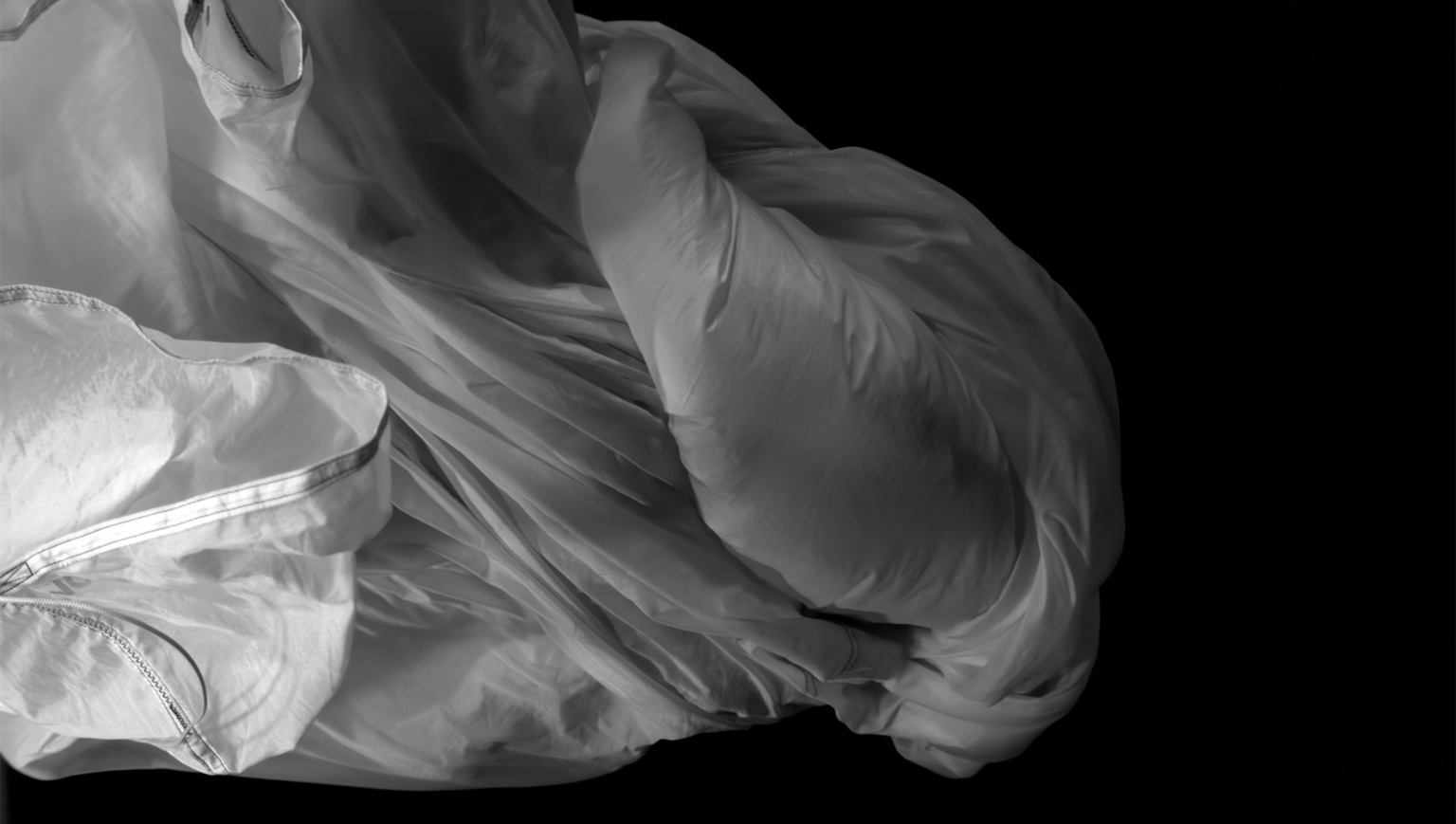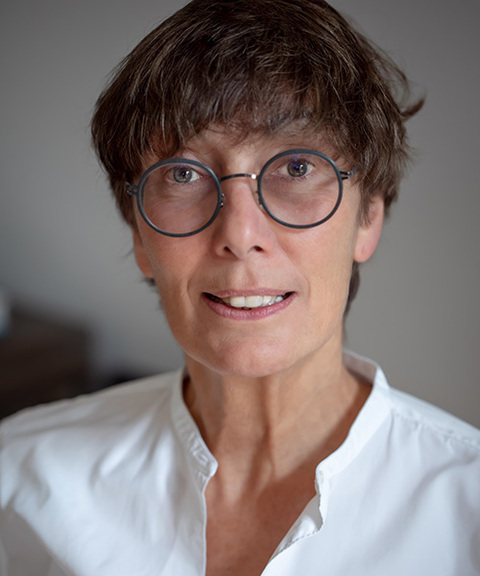Forelesning

Forum dans # 3 i samarbeid med #choreography: Marie-Luise Angerer
Angerer foredrar om «Genealogical Aspects of the Material Turn: from language to affect, from representation to diffraction, so far.”
Throughout a large part of the 20th century, the body was interpreted as a field of signs, the meaning of which pointed to an unconscious dimension. Starting in the early 1990s, however, a deep shift occured in the way the body was interpreted. A new movement cast tremendous doubt on the hegemony of language and instead advocated a performative, pictorial and affective approach – the so-called „new material turn“. In the words of Karen Barad, this turn inquired as to why meaning, history and truth are assigned to language only, whereas the movements of materiality are given less prominence: "How did language come to be more trustworthy than matter? Why are language and culture granted their own agency and historicity while matter is figured as passive and immutable." With this shift towards the material, bodies began to be seen in a different light and their materiality understood as something that follows its own laws and movements. At the same time, the developments in media technology are characterized by an intensification that consists in understanding once separate entities as radically open systems. Human and animal bodies, technical and “natural” environments, are connected in complex ways via processes of organic sentience and algorithmic sensors. Donna Haraway’s companion species, Lynn Margulis’s parasites, and Myra Hird’s micro-ontology all point to processes of contagion, infiltration, and multiple agencies that call not only for a thinking in relations but for a thinking “as embedded, embodied and even ... as the very ‘stuff of the world’.” (Asberg, Thiele & van der Tuin 2015, 152)
CV
Marie-Luise Angerer is professor of Media Studies at the Department for Art and Media, University of Potsdam. Before that she was professor of Media and Cultural Studies at the Academy of Media Arts Cologne. Visiting fellow and guestprofessor in the US, UK, Canada and Australia. Member of the European Network How Matter comes to Matter (2014-2018), and of the Research Network Affective and Psychotechnology Studies (DFG 2015-2017) The focus of her research is on media technology, affect and neuroscientific reformulations of desire, sexuality, and the body. Her most recent publications include Eccology of Affect. Intensive Milieus and Contingent Encounters (meson press, 2017), Desire After Affect (Rowman and Littlefield Intl., 2014), Timing of Affect (co-edited with Bernd Bösel and Michaela Ott, University of Chicago, diaphanes, 2014), Choreography, Media, Gender (co-edited with Yvonne Hardt and Anna-Carolin Weber, diaphanes, 2013).
Forum Dans og #choreography
Forum Dans er et initiativ fra avdeling Dans som hadde oppstart høsten 2018 for å åpne opp og utvide muligheten for debatt og dialog rundt aktuelle problemstillinger og perspektiver relevante for dansefeltet. Forum Dans # 3 er et samarbeid med #choreography, en foredragsrekke etablert av Rosalind Goldberg, stipendiat ved Avdeling Dans. #Choreography går inn i hennes Ph.D. prosjekt med mål om å åpne opp for spørsmål og gi innsikt inn i tanker parallelt med hennes forskningsprosjekt.
